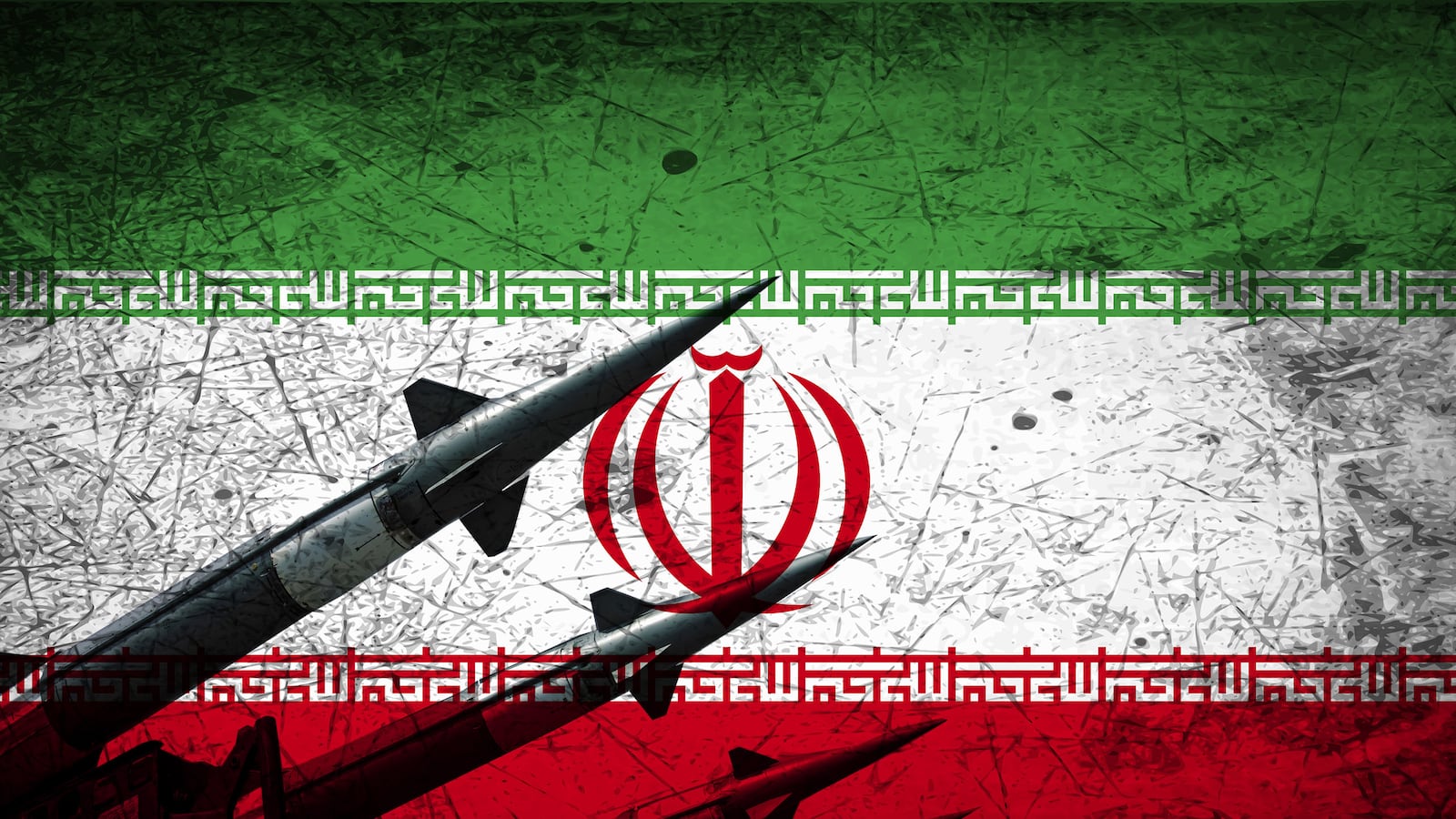The FBI has arrested the American head of a metallurgy company on charges of illegally exporting to Iran a half-ton of special powder that could, in theory, be used in the production of nuclear-tipped rockets.
On March 1, agents nabbed 44-year-old Erdal Kuyumcu of Woodside, New York—the CEO of Global Metallurgy, a self-described “provider of specialty metal products, services and supply chain solutions” that lists phone numbers in New York City and Turkey.
That Iranian government agencies or companies were allegedly trying to get their hands on cobalt-nickel powder might seem to indicate that Tehran, despite having agreed to suspend its nuclear program, is still trying to develop ballistic missiles optimized for carrying an atomic warhead.
But don’t panic just yet. Iran’s armed forces—and the industries supporting them—are notoriously compartmentalized and prone to roguish behavior, even doing some initial work on weapons programs without official permission from the capital. Top officials eventually find out and, more often than not, ultimately cancel most of the programs.
What’s more, the powderized metal actually does have perfectly legitimate applications in industries unrelated to nuclear weapons—and that are arguably no longer under international embargo in the aftermath of last summer’s U.S.-Iran nuclear deal. Cobalt-nickel powder could, for example, help Iranian engineers build their own jet engines for passenger planes.
Which is not to say engine development—or for that matter, any high-tech industrial program—is likely to get off the ground in Iran. The country’s labyrinthine political system makes technology development very difficult.
That said, the exact impetus for the powder-import might not matter to American officials who are working alongside their counterparts from other countries to keep weapons of mass destruction out of Iranian hands. The export to Iran of any material that’s even potentially useful for a an atomic-capable rocket—to say nothing of an actual nuclear warhead—is sure to provoke a swift and harsh reaction from U.S. authorities.
The United Nations slapped an embargo on missile parts to Iran as early as 2006. The recent nuclear deal between the United States and Iran extended the missile sanctions.
But someone in Iran—or, more likely, lots of someones—kept right on trying to buy rocket parts abroad, with at least some success. In October, Iran test-launched a new Emad rocket with a reported range of more than 1,000 miles, a modest improvement over most of Iran’s existing ballistic missiles. The Iranian government insisted the rocket was strictly non-atomic. “Iran’s missile program has never been designed to be capable of carrying nuclear weapons,” Foreign Ministry spokesman Hossein Jaber Ansari said.
All the same, on Jan. 17 the Treasury Department slapped sanctions on 11 companies and individuals it said were “involved in procurement on behalf of Iran’s ballistic missile program.”
The main target of the January sanctions was Mabrooka Trading, a United Arab Emirates firm with an extensive supplier network in the UAE and China. “This network obfuscated the end user of sensitive goods for missile proliferation by using front companies in third countries to deceive foreign suppliers,” the Treasury Department stated in a release.
The U.S. government also named five Iranian individuals it said had worked to procure ballistic missile components. It's unclear whether the January clampdown and Kuyumcu's arrest two months later were directly related.
The Justice Department claims that, prior to his March arrest, Kuyumcu twice shipped cobalt-nickel powder to Iran without obtaining the necessary license from the U.S. government. “To conceal the true destination of the goods from the U.S. supplier, Kuyumcu and a co-conspirator arranged for the items to be shipped first to Turkey and subsequently to Iran,” the Justice Department stated in a release.
The government did not say who in Iran was trying to acquire the cobalt-nickel powder. But according to Tom Cooper, author of a reference guide to Iranian air power, it's unlikely the buyer wanted the powder for its most obvious non-nuclear application—building jet engines.
“Yes, there are factories that could make jet engines in the [Islamic Republic of Iran], but no, the likelihood of any of these factories doing so is next to nonexistent,” Cooper told The Daily Beast. That’s because Iran has succeeded at importing—legally or otherwise—enough whole jet engines from abroad.
Babak Taghvaee, another close observer of Iran’s weapons industry who co-wrote the air-power guide with Cooper, told The Daily Beast that his sources say the buyers wanted the powder for a missile project.
That still doesn't prove that Kuyumcu's buyer was acting on orders from the government of Iran when it imported the cobalt-nickel powder—or that Tehran is actively developing a new nuclear-capable rocket or other weapon that requires the powder. Cooper told The Daily Beast that Kuyumcu’s powder exports probably amounted to a “one-off action that was successful, and is now raising eyebrows in the West.”
“And while the West is busy thinking and calculating what sorts of wonders are Iranians going to turn out of that fascinating powder,” Cooper added, “they’re doing nothing at all with it.”
But that might not save Kuyumcu, who faces up to 20 years in prison and a $1 million fine if convicted.






